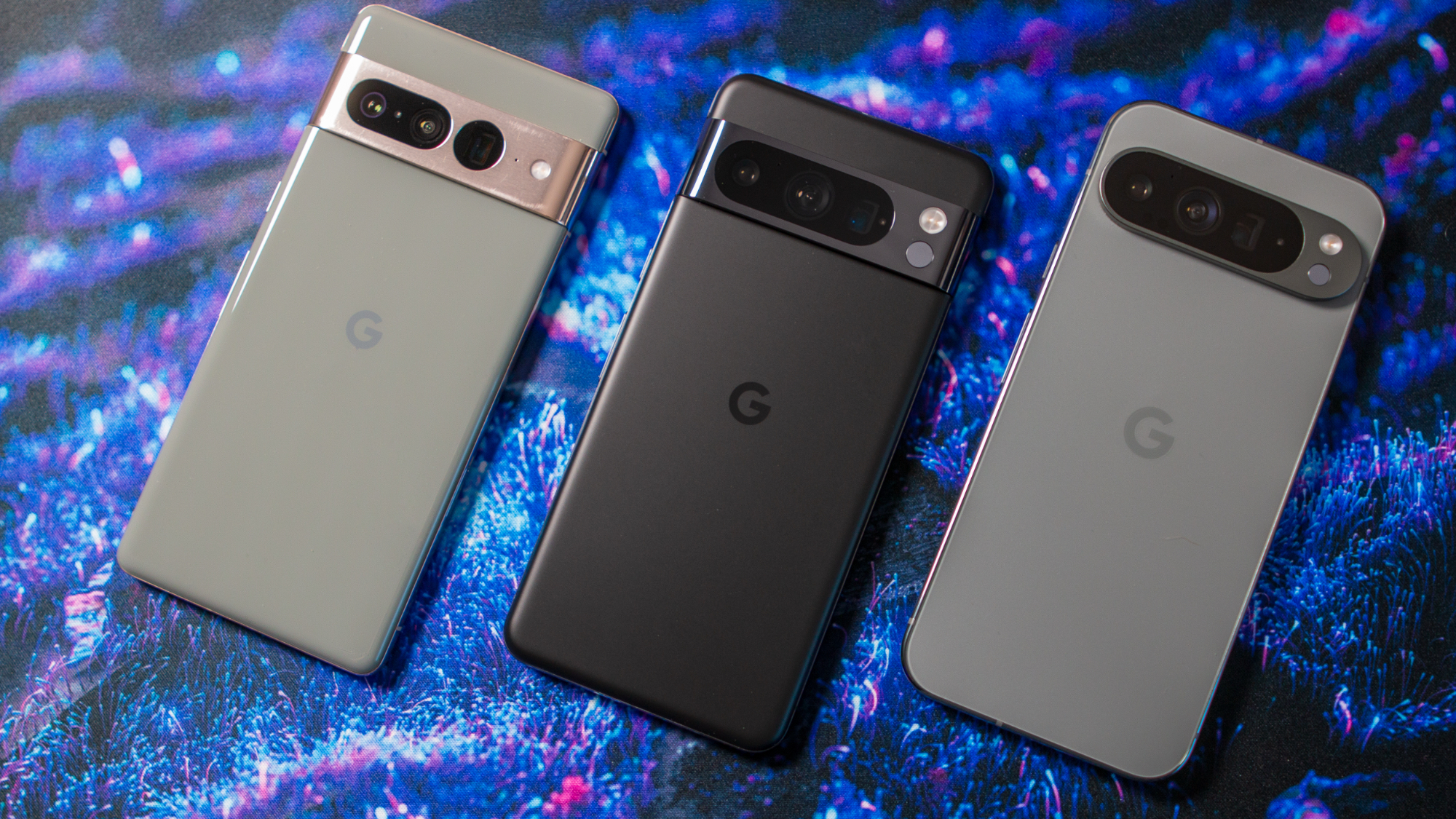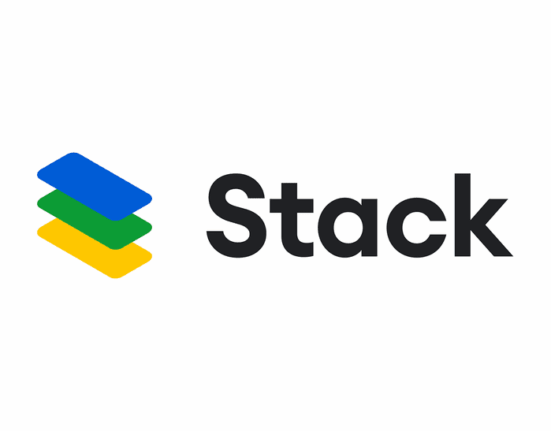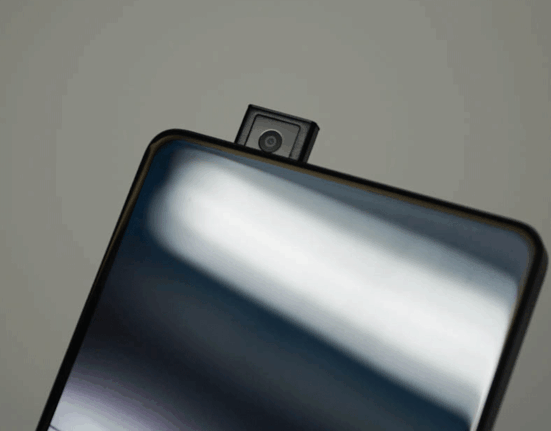It’s hard to believe, but we’re already cruising through April 2025. The tech world hasn’t slowed down for a second this year, and the past week proved it once again. Google pushed out Android 16 Beta 3.2, offering bug fixes and glimpses into future security upgrades. That alone would’ve been newsworthy, but Pixel 10 leaks, AI expansions, and surprise delays from Samsung also made headlines. Here’s everything that mattered in Android (and beyond) this week.
A Pixel Camera Controversy in the Making?
Leaks around Google’s Pixel 10 series have started to surface, and while excitement is building, there’s one feature (or flaw) catching everyone’s attention: the base model’s camera setup.
According to trusted leaker Kamila Wojciechowska, the standard Pixel 10 is in for some controversial changes. Yes, it’s reportedly gaining a telephoto lens for the first time ever—but it’s coming at the expense of both its main and ultrawide cameras, which are being downgraded compared to last year’s Pixel 9.
Specifically, the phone is expected to use the same 50MP GN8 and 13MP ultrawide sensors found in the Pixel 9a. While those are decent for a budget phone, they’re smaller and generally less capable than the ones in the Pixel 9. As a result, image quality—especially in tricky lighting—could actually decline. That’s a step backward for a device that should be moving forward.
Meanwhile, the Pixel 10 Pro and Pro XL appear to be sticking with the same camera hardware from the Pixel 9 series, with most improvements relying on software tuning. The foldable Pixel 10 Pro Fold may switch its main sensor, but don’t expect a radical camera overhaul there either.
Pixel 9a Delayed—but for Good Reason
The Pixel 9a was originally set to launch in late March, but due to some hiccups with internal component quality, the release date was pushed to April 10—coincidentally the same day One UI 7’s stable release hits US shores.
But there’s more to the story than a simple delay. A newly updated support page has revealed Google’s plans to debut a fresh feature called “Battery Health Assistance.” This isn’t a bug—it’s a built-in system designed to gradually lower the Pixel 9a’s maximum battery capacity over time to prolong overall battery health.
The feature activates after 200 full charge cycles and continues adjusting until 1,000 cycles are reached. While some may initially view this as a downgrade, it’s a long-term move to extend battery life and prevent early degradation. Better still, this feature will also roll out to other Pixel models, with the option to toggle it on or off.
Gemini 2.5 Pro Goes Public—Fast
AI updates just keep coming. Last week, Google launched Gemini 2.5 Pro Experimental, a more powerful version of its advanced AI model. Typically, features like this are locked behind the Gemini Advanced subscription for weeks—sometimes months. But not this time.
Google surprised everyone by opening access to 2.5 Pro Experimental for all Gemini users just days after launch. The update brings smarter contextual reasoning, better visual understanding, improved scientific responses, and code generation capabilities to the masses.
While Advanced subscribers still enjoy some exclusive perks—like longer conversation memory and no rate caps—the line between paid and free tiers just got a little blurrier. Whether that’s good or bad depends on which side of the paywall you’re on.
Fitbit Users Get More Time to Switch Accounts
Still using your old-school Fitbit account? You’ve got a bit more breathing room now. Google has quietly extended the deadline to migrate to a Google Account by an entire year. The new deadline is February 2, 2026.
After that, Fitbit functionality will cease for anyone who hasn’t made the switch, and historical data will be deleted (except as required by law). So, if you’ve been putting it off, now’s the time to start thinking about your transition strategy.
Android Tesla Owners Finally Get Dashcam Access
It took a while, but Android users with Tesla vehicles finally caught up to iOS in one critical way—remote dashcam viewing. Tesla app version 4.43.5 adds a new “Dashcam Viewer” under the app’s Security & Drivers tab, allowing Android owners to check out Sentry Mode footage directly from their phone. No more guesswork about that mysterious scratch in the parking lot.
ChatGPT’s AI Image Generator Is Now Free
Not to be outdone, OpenAI is making moves too. ChatGPT’s buzzworthy image generator—powered by its new GPT-4o model—has officially been made available to all users. Previously a feature locked to paying subscribers, the AI tool can now be used by free-tier users as well (albeit with a daily generation cap).
This feature has already gone viral thanks to dreamy Studio Ghibli-style creations and meme-worthy AI art. Right now, free users can generate two to three images a day. It’s a great move for creative exploration, even if the rate limits still keep things in check.
Android 16 Nears Completion With New Security Tweaks
Google’s fast-tracked Android 16 development continues to pick up steam. The OS hit Platform Stability in March—earlier than expected—and now we’ve received Android 16 Beta 3.2. This latest update addresses user complaints about buggy haptics, screen flickering on the Pixel 6 lineup, and battery drain during idle periods.
But what’s more intriguing is a new security feature discovered in the beta’s backend. A setting called “Inactivity Reboot” may soon become part of Android’s Advanced Protection Program. If enabled, your phone could auto-restart after three days of being locked, requiring full credentials to unlock again—an added layer of security in case of theft.
Galaxy Tab S10 FE Arrives—But S25 Edge Delayed
Samsung also made waves this week by finally announcing the Galaxy Tab S10 FE and FE+ models, which launch on—you guessed it—April 10. The FE version features a compact 10.9-inch display, while the FE+ sports a larger 13.1-inch screen. Both are LCD panels, hitting 600 and 800 nits brightness, respectively—not quite OLED levels, but respectable for midrange tablets.
However, not all Samsung news was positive. The much-anticipated Galaxy S25 Edge, originally expected to drop in April, has been delayed. Sources say the hold-up is due to technical refinements. The new reveal date is tentatively set for May 13.
Rumor has it the device will feature a 6.7-inch screen, be just 5.84mm thick, and weigh 162g. Price-wise, it could start at €1,249 in Europe—about $1,300 in the U.S., if currency conversion is any indication.
Nothing’s Absurd April Fools’ Gag (That We Wish Was Real)
April Fools’ Day wouldn’t be complete without a little mischief, and London-based Nothing really leaned into the absurd this year. They “announced” wired earbuds with a 50-meter-long cable—a nostalgic nod to the days of headphone jacks (which none of their devices even support anymore). As expected, it was just a joke… but honestly, we wouldn’t mind seeing a limited run.
Dbrand Actually Went There: Artificial Grass Skins
Unlike Nothing’s prank, Dbrand’s April Fools’ idea is 100% real. The company launched a new line of “Touch Grass” skins and grips—yes, they’re actually covered in faux turf. Starting at $19.95 and going up to $70, these skins can be slapped onto phones, consoles, handhelds, earbuds—you name it.
For anyone who needs a reminder to unplug and touch grass… without leaving the couch.
If this week taught us anything, it’s that Android and the broader tech world never stay still. Whether it’s questionable camera choices, AI upgrades, surprise delays, or playful pranks, there’s always something to keep us on our toes. Stay tuned—this year is just heating up.






